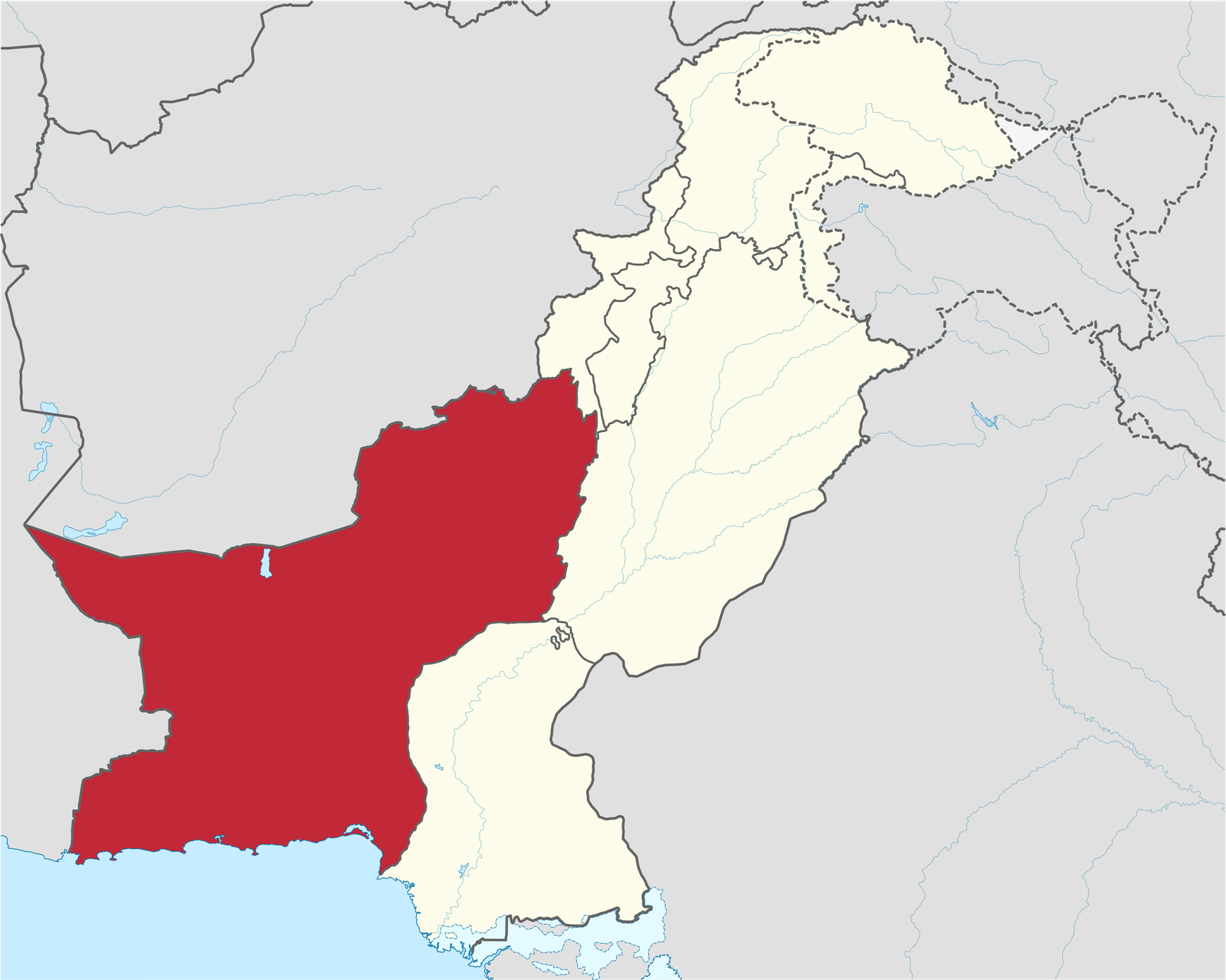Zafar Iqbal
The controversy generated by the latest Auditor General of Pakistan (AGP) report has shaken the very foundation of Pakistan’s financial oversight system. The unusual decision of the National Assembly Speaker to return the FY2023-24 audit documents, without presenting them before parliament, has set off alarms in both political and economic circles. By law, AGP reports must first be tabled in the House, yet procedural lapses and staggering figures of alleged irregularities have combined to plunge the audit system into crisis.
At the heart of the issue lies a constitutional breach. Instead of routing the reports through the Ministry of Parliamentary Affairs — a long-standing practice — the AGP directly dispatched the documents to the National Assembly Secretariat. Even more troubling was the decision to release the report on the AGP’s website before parliamentary presentation. This pre-emptive disclosure undermined parliamentary supremacy, raising questions about the AGP’s judgement and institutional discipline.
Follow Republic Policy on YouTube
Equally startling are the figures contained in the report. It claims financial irregularities of Rs 375 trillion — 27 times the federal budget of Rs 14.5 trillion and more than 3.5 times Pakistan’s GDP of roughly Rs 110 trillion. The breakdown includes Rs 284 trillion in procurement lapses, Rs 85 trillion in delayed or defective civil works, Rs 2.5 trillion in unsettled receivables, and Rs 1.2 trillion in circular debt. While no one doubts the existence of mismanagement, the astronomical scale of the numbers defies economic reality.
Follow Republic Policy on Twitter
This implausibility has sparked suspicion of either massive tabulation errors or a deeper collapse in audit integrity. Former AGP Javed Jahangir has described the numbers as “abnormal” and urged a re-examination, while also criticizing the premature public release of the report. His intervention underscores how fragile credibility becomes when audit findings move from accountability to incredulity.
Follow Republic Policy on Facebook
It is vital to clarify whether such figures originated within the Accountant General Pakistan Revenues (AGPR) system and were merely certified by the Auditor General, or whether the AGP office itself inflated the anomalies. Both institutions — the AGPR and AGP — are staffed by the Pakistan Audit and Accounts Service cadre, making their accountability all the more essential. Without clarification, trust in official financial oversight risks erosion at home and abroad.
Follow Republic Policy on TikTok
Adding to the concern is the silence of Pakistan’s premier accounting bodies, including the Institute of Chartered Accountants of Pakistan and the Institute of Cost and Management Accountants of Pakistan. While not mandated to validate audit reports, their professional commentary on methodology and standards could help restore confidence. Their absence leaves the public discourse adrift, heightening uncertainty about the credibility of national financial reporting.
Follow Republic Policy on Instagram
The AGP spokesperson’s defence that the premature publication was aimed at “public accessibility” is hardly convincing. Constitutional norms exist to ensure parliamentary supremacy, and bypassing these principles risks undermining the very framework of democratic accountability. Repeating irregularities from previous years does not make them acceptable; instead, it reinforces systemic negligence.
Follow Republic Policy on WhatsApp Channel
Audit reports are the backbone of transparency in Pakistan. They inform governance, expose mismanagement, and guide corrective policies. By citing unverified and unbelievable figures, the AGP has weakened the very purpose of its mandate. The credibility of financial oversight must be safeguarded not just for the integrity of public accounts, but also for economic stability and international investor confidence.
What Pakistan faces now is not merely an audit dispute but a credibility crisis. For a country reliant on international lenders, IMF programs, and foreign investment, trust in its oversight systems is non-negotiable. The AGP office must therefore launch an immediate review, retract or correct implausible figures, and reassert its commitment to professional standards. Anything less will deepen public cynicism and weaken parliamentary sovereignty.
















